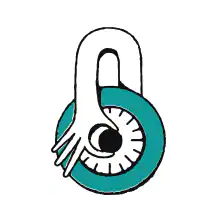Single Web Hosting
$ 2.99 $ 5.99
Per Month
- Host 1 Website
- 50 GB SSD Storage
- 100 GB Bandwidth
- Inodes 100000
- Unlimited Free SSL
- 30 Days Money Back Guarantee
- Free Daily Malware Scan
- Free Backup
- 99.9% Server Uptime
- Free Website Migration
Recommended
$ 1.99 $ 3.99
Per Month
- 100 Websites
- 100 GB SSD Storage
- Inodes 300000
- Unlimited Bandwidth
- Free SSL
- 5 Business Emails
- Free Virus Security
- Free Backup
- 99.9% Server Uptime
- Free Website Migration
Business Web Hosting
$ 0.99 $ 2.99
Per Month
- Host Unlimited Website
- 200 GB SSD Storage
- Inodes 500000
- Unlimited Bandwidth
- Free SSL
- 20 Business Emails
- Free Virus Security
- Free Backup
- 99.9 % Server Uptime
- Free Website Migration










